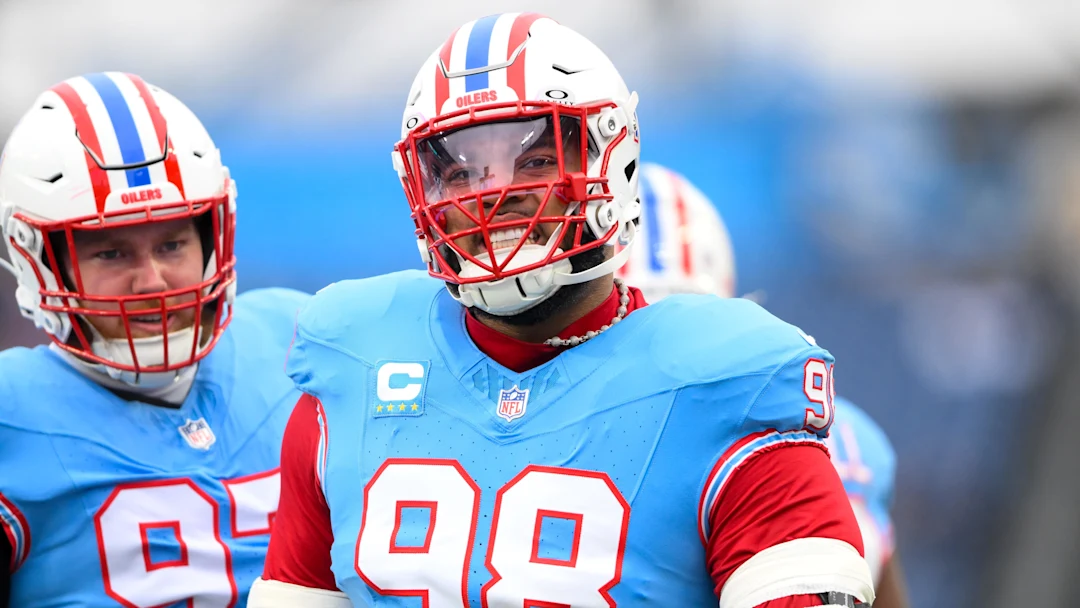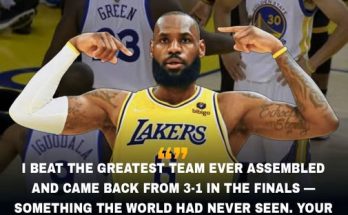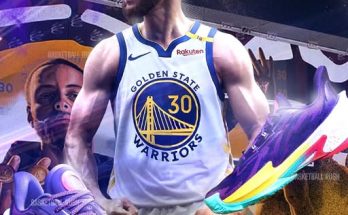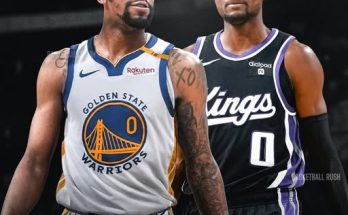The Tennessee Titans once prided themselves on hard-nosed, physical football, and their defense, in particular, was a defining element of the team’s identity. For years, they boasted one of the more feared front sevens in the NFL, anchored by relentless pass rushers, stout run defenders, and disciplined play-callers. But as the 2024 NFL season came and went, the Titans’ defense wasn’t just a shadow of its former self—it was statistically and visually one of the worst in the entire league. And the drop-off hasn’t just been dramatic—it’s been alarming.
Week after week, opposing offenses carved up the Tennessee defense with ease. Whether it was through the air or on the ground, the Titans offered little resistance. It didn’t seem to matter whether they were facing a high-powered unit led by a top-tier quarterback or a rebuilding offense searching for rhythm—the result was usually the same. Points allowed. Yards surrendered. Red zone collapses. Missed tackles. Broken coverages. The film doesn’t lie, and neither do the numbers.
At the core of the Titans’ struggles was their inability to get off the field on third down. Despite early-down success here and there, Tennessee repeatedly collapsed in key moments. Third-and-long? Converted. Third-and-short? Bulldozed. The defense lacked the discipline, coordination, and playmaking ability to consistently finish drives. As a result, the time of possession battle was often lost, the defense was gassed by the second half, and the scoreboard reflected it.
Much of the Titans’ downfall can be traced to the decline of their pass defense. What was once a respectable secondary has turned into one of the weakest units in the NFL. Quarterbacks routinely targeted the Titans’ corners with little fear of consequence. Soft zone coverage became a theme, and opposing receivers enjoyed career days. Whether it was a lack of talent, poor coaching, or both, the secondary gave up chunk plays with maddening frequency. Communication breakdowns were rampant, leading to busted coverages and wide-open touchdowns. Even average passing attacks looked elite against the Titans, and fans had a front-row seat to the unraveling.
The pass rush didn’t fare much better. While individual efforts occasionally stood out—Jeffery Simmons still flashed elite-level talent when healthy—the unit as a whole struggled to generate consistent pressure. Quarterbacks had too much time in the pocket. Blitz packages failed to land. Edge rushers were neutralized. Without pressure up front, the issues on the back end were magnified. It was a vicious cycle that played out over and over again.
Injuries certainly played a role, but they weren’t the whole story. Every NFL team deals with attrition, but the Titans seemed unprepared to adapt. Depth was an issue across all levels of the defense. Once the starters were sidelined, the replacements often looked overwhelmed. Poor tackling, blown assignments, and lack of fundamentals turned routine plays into momentum-swinging disasters. It wasn’t just that the Titans gave up points—it was how they gave them up: easily, quickly, and often avoidably.
Another glaring issue was red zone defense. The Titans allowed touchdowns at a staggeringly high rate once opponents crossed the 20-yard line. While some teams force field goals or manage key stops, Tennessee frequently folded under pressure. The inability to tighten up in crucial moments cost them games. In a league built on parity, where most matchups are decided by a handful of plays, red zone execution is everything. The Titans were repeatedly out-schemed and out-executed when it mattered most.
Turnovers—or the lack thereof—further plagued this unit. Defense is about disruption, and the Titans rarely disrupted anything. Forced fumbles were few and far between. Interceptions were nearly nonexistent. Ballhawks were nowhere to be found. In a game that rewards defenses that take the ball away, Tennessee remained passive. Instead of dictating tempo, they reacted—and usually too late.
All of this points back to a failure in both scheme and personnel. Defensive coordinator Shane Bowen came under heavy criticism for his unit’s underperformance. Whether it was questionable play-calling, a lack of halftime adjustments, or schemes that didn’t maximize the talent on the field, the results spoke volumes. The Titans looked disorganized. Confused. Outmatched. Too often, they lined up late, communicated poorly, and failed to anticipate what was coming. The defense didn’t just get beat—it often looked unprepared.
On the personnel side, the front office has serious questions to answer. Draft picks haven’t panned out as expected, and free agent signings haven’t filled the glaring holes in the defense. Outside of Simmons, the Titans lack true difference-makers. The linebacking corps struggled mightily in coverage. The safeties were often a step behind in diagnosing plays. And the corners—arguably the weakest link—were repeatedly targeted and exploited. This isn’t just a one-year blip. It’s a multi-season regression that points to deeper organizational flaws.
To their credit, some players fought hard despite the odds. Simmons played through injuries and remained a bright spot. Azeez Al-Shaair brought intensity and effort, even if the results didn’t always follow. Roger McCreary showed potential at times. But football is a team game, and a handful of solid performances can’t mask systemic failure. The best defenses operate with cohesion, and that’s exactly what Tennessee lacked.
The impact of the defensive struggles bled into every aspect of the team. The offense constantly had to play from behind. The special teams were forced to compensate. Momentum was rarely on Tennessee’s side, and frustration mounted with every busted play and missed assignment. The defense didn’t just fail to support the team—it became a liability that undermined everything else. Fans, players, and coaches alike felt it. When your defense can’t make stops, you can’t win in the NFL. Period.
Looking ahead, the Titans face a massive uphill climb to restore their defensive credibility. New leadership might be necessary. New personnel is definitely a must. Whether through the draft, free agency, or a philosophical overhaul, change is coming—and it has to. The margin for error in the AFC is razor-thin, and Tennessee can’t afford another season at the bottom of the defensive rankings. They need to reclaim their identity. They need to get back to fundamentals. And most of all, they need to find players who can execute under pressure and coaches who can put them in positions to succeed.
The truth is, the Titans’ defense isn’t feared anymore. It’s not respected. It’s targeted. And until that changes, the team’s ceiling will remain painfully low. In a conference loaded with elite quarterbacks, explosive offenses, and playoff-caliber teams, you simply can’t afford to bring one of the league’s worst defenses to the table. That’s not how you win divisions. That’s not how you make playoff runs. That’s how you end up watching from home in January—again.
There’s still time to right the ship. Simmons is a player you can build around. Young talent can develop. New faces can be brought in. But the Titans need urgency. Accountability. Vision. This isn’t about patchwork fixes or hoping for a turnaround. It’s about recognizing that the defense, as currently constructed, isn’t just underperforming—it’s broken. And if Tennessee wants to compete in a crowded AFC, that reality must be confronted head-on.
This season was a wake-up call. The numbers are ugly. The tape is worse. The Titans have fallen from a tough, gritty, bend-but-don’t-break defense to a unit that bends, breaks, and rarely recovers. The fall was steep. The climb back up will be harder. But for a team that once made its name on defense, reclaiming that identity is not optional—it’s essential.
The Titans have talent on offense. They have potential in the locker room. But until the defense matches that energy, they’ll remain stuck in neutral. The AFC South is improving. The conference is ruthless. And there’s no room for a defense that can’t hold its own. The Titans have to be better. Smarter. Tougher. And if they’re not willing to make the changes necessary, they’ll remain among the worst—while the rest of the league continues to pass them by.



